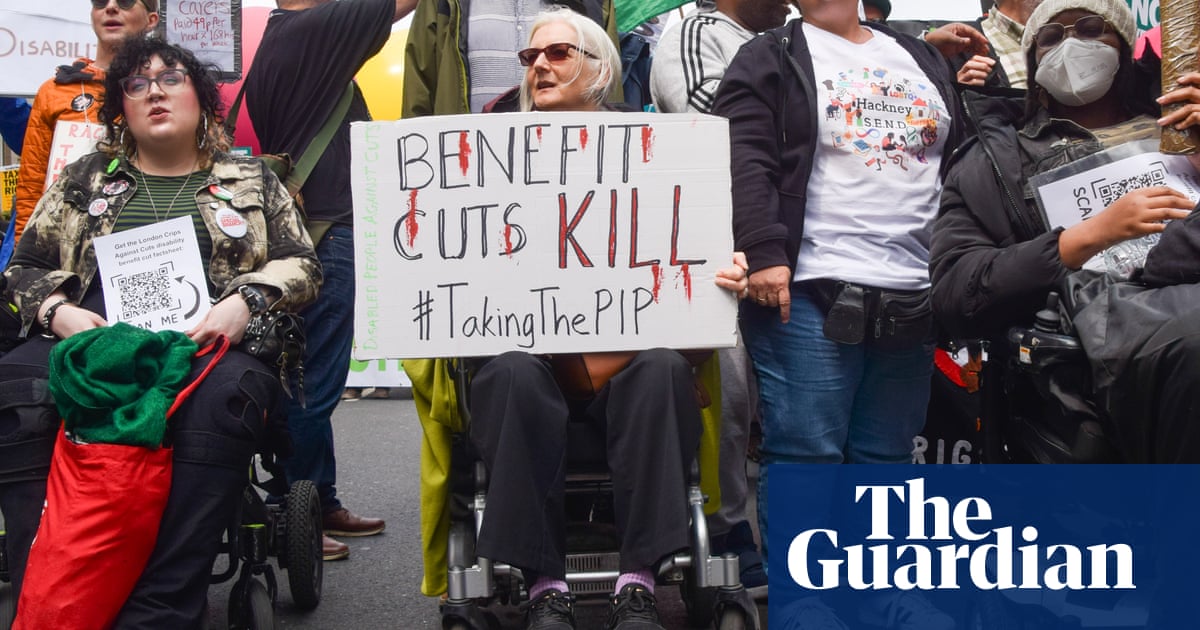Labour has been in turmoil over the most controversial piece of legislation of Keir Starmer’s premiership: a major overhaul of the benefits system.
The government says the welfare bill is out of control – largely because of the huge rise in people claiming personal independence payments (Pip). More than 120 Labour MPs were poised to rebel, and yesterday Starmer was promising to make concessions.
But for the 3.7 million people who rely on Pip to pay the extra costs associated with having a disability, it has been an incredibly worrying time, says the Guardian columnist Frances Ryan. Pip is essential for the extra costs incurred by disabled people, she says. “It’s about being able to afford to pay the care fees so that you can wash your hair. It’s about having enough money to charge your electric wheelchair so you’re not housebound.”
She says the “toxic” rhetoric around disability that the political debate inspires is also hugely damaging. Ryan has just written a book, Who Wants Normal? The Disabled Girls’ Guide to Life,and has spoken to 70 well-known women living with a disability. In her interviews, one thing came across clearly: the message given to disabled people by society is that they do not have a right to be included, whether that is at school, in the workplace or at university. And, she says, the government’s “quick fix” attitude to reducing the benefits bill, rather than looking at the barriers people with disability face while trying to work, is part of the problem.
